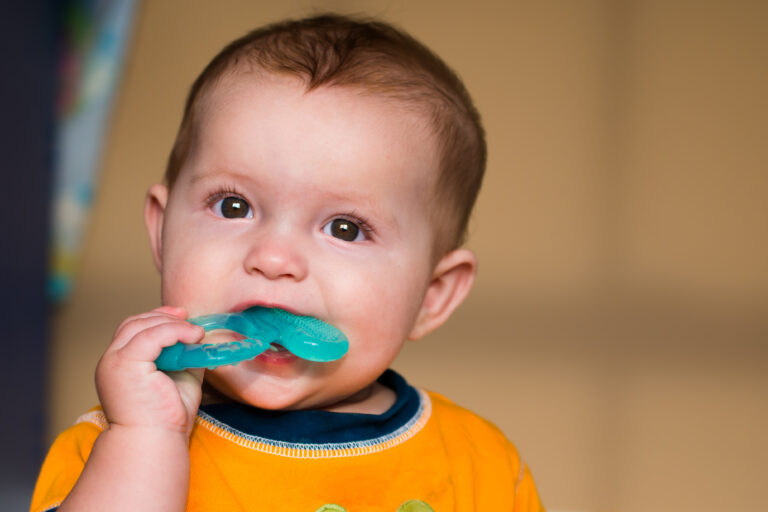
Humor is often overlooked as a developmental tool, but it plays a crucial role in shaping a child’s social, cognitive, and emotional skills. From early smiles and giggles to understanding jokes and wordplay, humor fosters important connections between parents, caregivers, and children. It helps children navigate the world around them, making sense of new experiences in an enjoyable and emotionally healthy way. Sharing laughter with your child not only lightens the mood but also contributes to their overall well-being and development.
Why Humor is Important in Child Development
Humor in childhood is much more than just a source of entertainment. It helps children develop crucial life skills, including how to relate to others, think creatively, and handle challenges. Here are some of the key benefits of incorporating humor into a child’s life:
1. Building Social Skills
Humor is a powerful social tool. Children who can understand and share jokes are more likely to build friendships and form strong social bonds. Humor encourages cooperation, turn-taking, and shared experiences, all of which are essential for positive social interactions.
- Navigating social dynamics: Sharing jokes or engaging in playful banter allows children to learn about social cues, timing, and empathy. They become more attuned to the emotions of others and how their behavior influences relationships.
- Bonding with others: Humor fosters a sense of belonging and connection. Children who engage in shared laughter with peers or adults often form stronger emotional ties, enhancing their social networks and emotional security.
2. Enhancing Cognitive Flexibility
Humor helps children think outside the box. Understanding jokes, especially those involving puns, irony, or absurdity, requires children to stretch their thinking and grasp abstract concepts. This type of mental flexibility is essential for problem-solving, creativity, and critical thinking.
Problem-solving: Engaging with humor can also help children improve their problem-solving skills. Funny stories or jokes may involve a situation that requires resolution, prompting the child to think critically about how to get from the setup to the punchline.
Creative thinking: Humor often involves seeing things in a new or unexpected way. For example, when a child hears a joke, they have to shift their perspective to understand the punchline. This shift encourages cognitive flexibility, enabling children to approach challenges from different angles.
3. Developing Emotional Resilience
One of the most powerful aspects of humor is its ability to build emotional resilience in children. Learning to laugh at themselves or find humor in difficult situations teaches children to cope with challenges and setbacks. Rather than feeling overwhelmed by mistakes or failures, children who embrace humor can learn to see these moments as opportunities for growth.
- Handling mistakes: Humor helps children put things into perspective. If they spill a drink or trip over a toy, responding with humor rather than frustration can reduce stress and anxiety. This resilience helps children bounce back from adversity with a positive outlook.
- Coping with challenges: Life can be full of uncertainties and frustrations, but humor serves as a buffer against stress. Children who use humor to cope with difficulties are more likely to handle life’s ups and downs with grace and optimism.
4. Strengthening Parent-Child Bonds
Laughter is a universal connector, and sharing humorous moments can strengthen the emotional bond between parents and children. When parents laugh with their children, it creates a safe and joyful environment, fostering trust and open communication. These positive interactions are essential for nurturing a supportive and healthy parent-child relationship.
- Creating positive interactions: Humorous exchanges between parents and children can create lasting memories and reinforce positive experiences. Whether it’s through playful teasing, silly faces, or inside jokes, laughter becomes a cornerstone of your child’s emotional development.
- Encouraging open communication: Humor often opens the door to more relaxed and honest communication. A child who feels comfortable laughing with their parents is more likely to share their thoughts, feelings, and concerns without fear of judgment.
5. Boosting Confidence and Self-Esteem
Children who use humor are often more confident in social situations. Making others laugh or being able to find humor in difficult situations can boost a child’s self-esteem. This confidence can translate into better academic performance, improved relationships, and a more positive outlook on life.
- Social confidence: A child who feels capable of making others laugh is likely to feel more comfortable in group settings. Humor helps break the ice in new or uncomfortable situations, making it easier for children to connect with others.
- Reducing anxiety: Humor can also serve as a coping mechanism for anxiety and nervousness. Children who are able to find humor in stressful situations are less likely to feel overwhelmed or intimidated.
Incorporating Humor Into Daily Routines
Integrating humor into your child’s daily life doesn’t require grand gestures. Simple acts like telling jokes, making funny faces, or playing silly games can have a big impact on their development. Here are some ideas for incorporating humor into your family’s routine:
- Storytelling with a twist: When reading to your child, add playful voices or funny expressions to characters. Encourage your child to do the same and make up their own silly endings to stories.
- Joke time: Set aside a few minutes each day for joke-telling. Whether it’s during dinner or before bedtime, this dedicated time for laughter can become a cherished family tradition.
- Playful interactions: Engage in spontaneous play, like a pretend tickle monster chase or silly dance-offs. These playful moments foster joy and connection.
Conclusion
Humor is an invaluable part of child development that goes far beyond mere entertainment. It enhances social skills, encourages cognitive flexibility, and fosters emotional resilience, all while strengthening the bonds between parents and children. By making humor a regular part of your child’s daily routine, you’re not only creating moments of joy but also equipping them with lifelong skills that will serve them well into adulthood.
So, next time you hear a knock-knock joke or engage in a playful game, remember that you’re helping your child grow, learn, and thrive—one laugh at a time.
“A sense of humor is part of the art of leadership, of getting along with people, of getting things done.”
— Dwight D. Eisenhower



